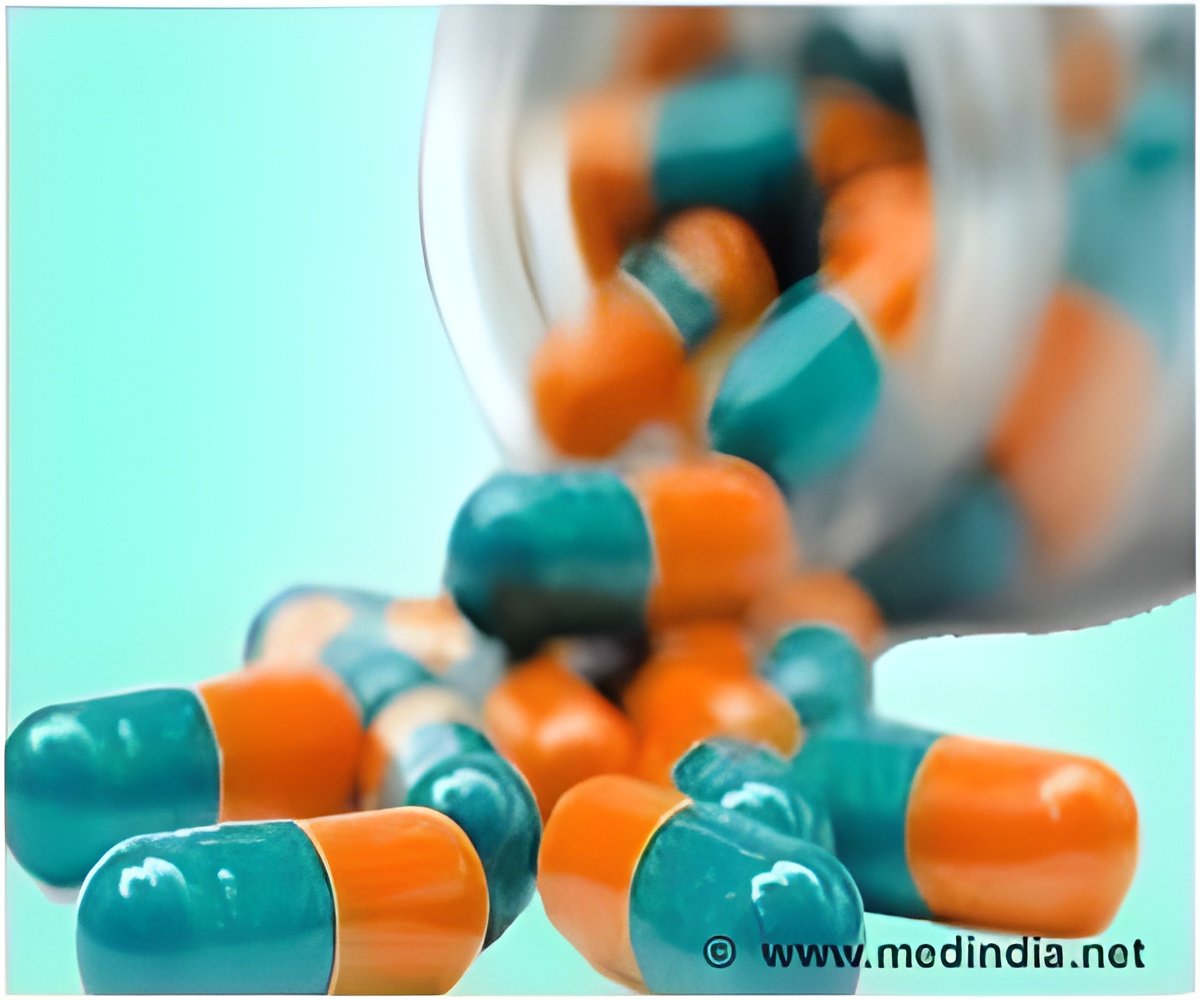Paraguay, which elects a new president Sunday, may be small and unassuming.

The distribution network is often anything but discreet: traffickers routinely dump drug cargo right out of the sky onto roads and fields -- since the state does not control its land or air border security in the area.
Trucks pick up the illegal shipments and rumble right off to booming Brazil. And so do bikes, cars and even traffickers on foot.
"There are parents who tell their children: go into trafficking. You will make a lot of money. Little girls dream of marrying drug lords," Liberal senator Robert Acevedo told AFP.
And the tonnes of illegal drugs flowing through the area have upped the stakes in terms of violence that often shadows ultra-lucrative organized crime, and here, in clashes between Brazilian and Paraguayan drug rings.
"The deaths you see are Mexican-style. There are decapitated bodies, arms severed, bodies burned alive," he said.
Advertisement
Paraguayan journalist and drug trafficking expert Candido Figueredo reckons that between five and 25 people are killed every month in drug-trafficking related violence in Pedro Juan Caballero, a drug trafficking hub of 80,000 people 550 kilometers (340 miles) north of Asuncion.
Advertisement
A simple stroll across Doctor Francia Avenue is all it takes to exit Paraguay and enter Brazil.
Ponta Pora is home to Paraguayan-Brazilian drug boss Fahd Yamil. He is now free after serving jail time in a Brazilian prison.
Yamil recently acknowledged that he is a client of a bank owned by millionaire businessman Horacio Cartes, one of the leading candidates in Sunday's Paraguayan presidential race. His rivals have slammed him for alleged ties to drug traffickers.
Paraguayan intelligence sources say Yamil works with the First Command of the Capital (PCC) a Sao Paulo mafia. But they said the PCC's Rio-based rival Red Command, led by Fernandinho Beira Mar, also operates in the area.
So in this parched and isolated border region where authorities are few and far between, the bloodshed among organized crime groups just keeps mounting.
Francisco de Vargas, the director of the National AntiDrugs Office of Paraguay, says violence has been increasing but denies it is anywhere near as bad as in Mexico.
"Actually we suffer from the Bolivian context somewhat because they have a tradition of growing coca leaves (from which cocoaine is made) there, so they are very lax," he complained.
Yet he is not in denial about the fact the State does not effectively exercise control over vast areas of its own territory. De Vargas allowed that there was "almost zero air control" in the area, making drug trafficking the attractive option it has become for foreigners and locals.
"The real problem in Paraguay is impunity and corruption," de Vargas went on. "And drug trafficking is an unconventional threat to our national security."
He said intelligence reports indicate that drug money does make it into local political campaigns.
At a small local office on the outskirts of town, the local antidrugs office chief, who asked that his name not be given, scans his computer screen looking for signs of marijuana crops nearby.
He heads up a mountain and antidrug agents chop down the three-neter-tall marijuana plants and burn the area.
With low production costs and a popular crop, Paraguay exports 80 percent of its pot to Sao Paulo and Rio de Janeiro.
"We do have the best marijuana in the world," jokes Candido Figueredo, the journalist and ABC newspaper correspondent in Pedro Juan Caballero.
He has been threatened repeatedly by drug traffickers. Figueredo is guarded at all times by four machine-gun toting police officers.
Source-AFP










